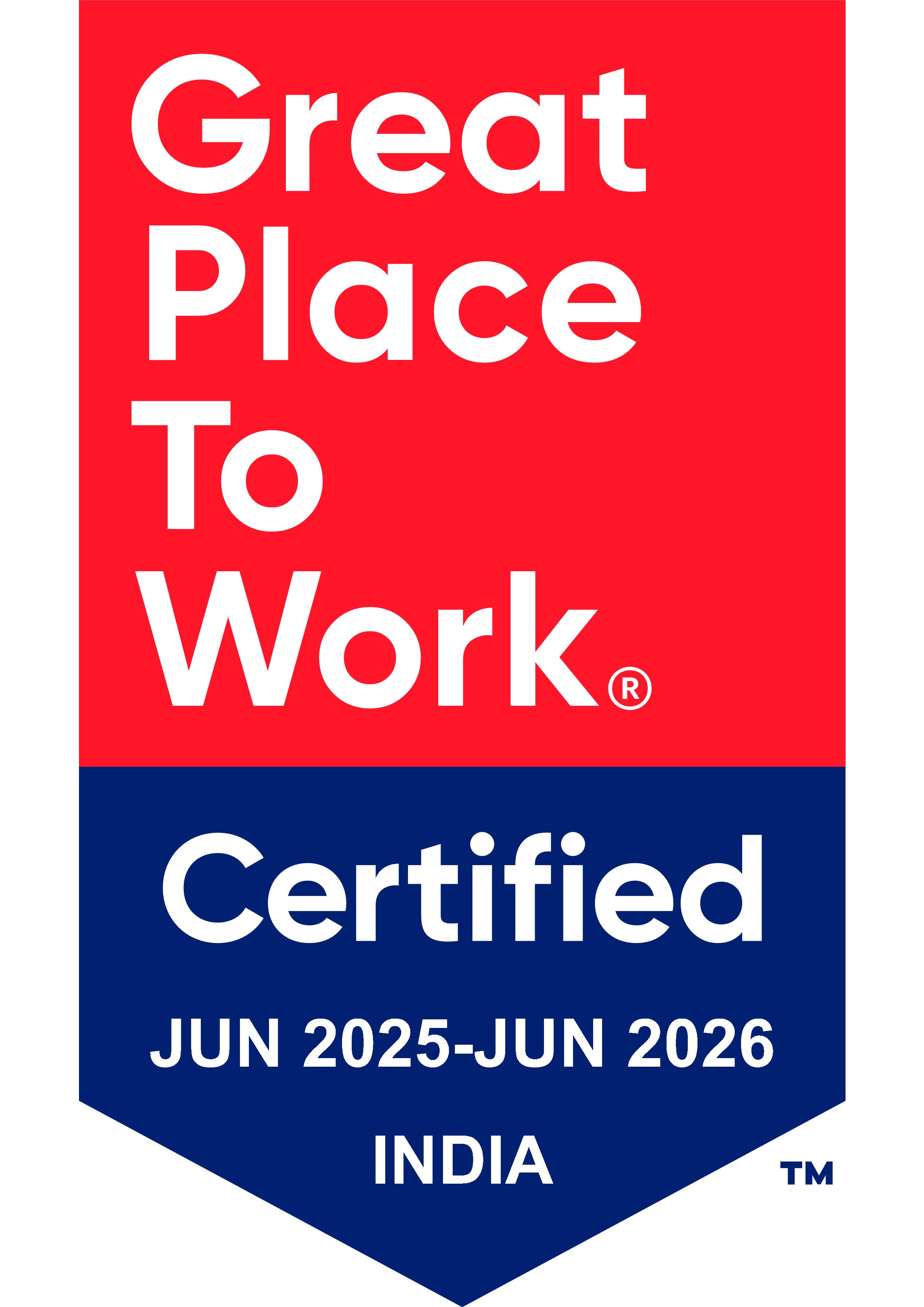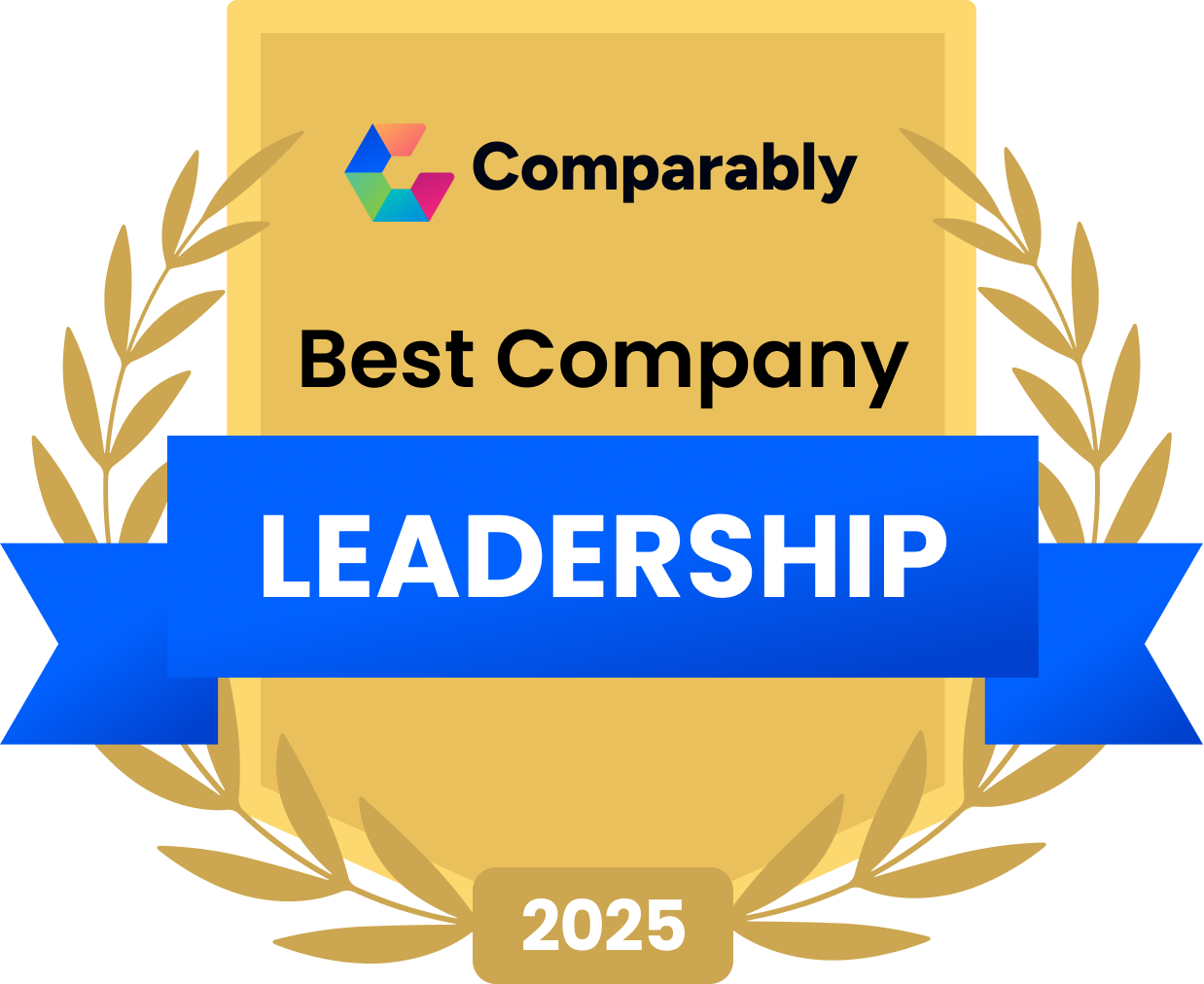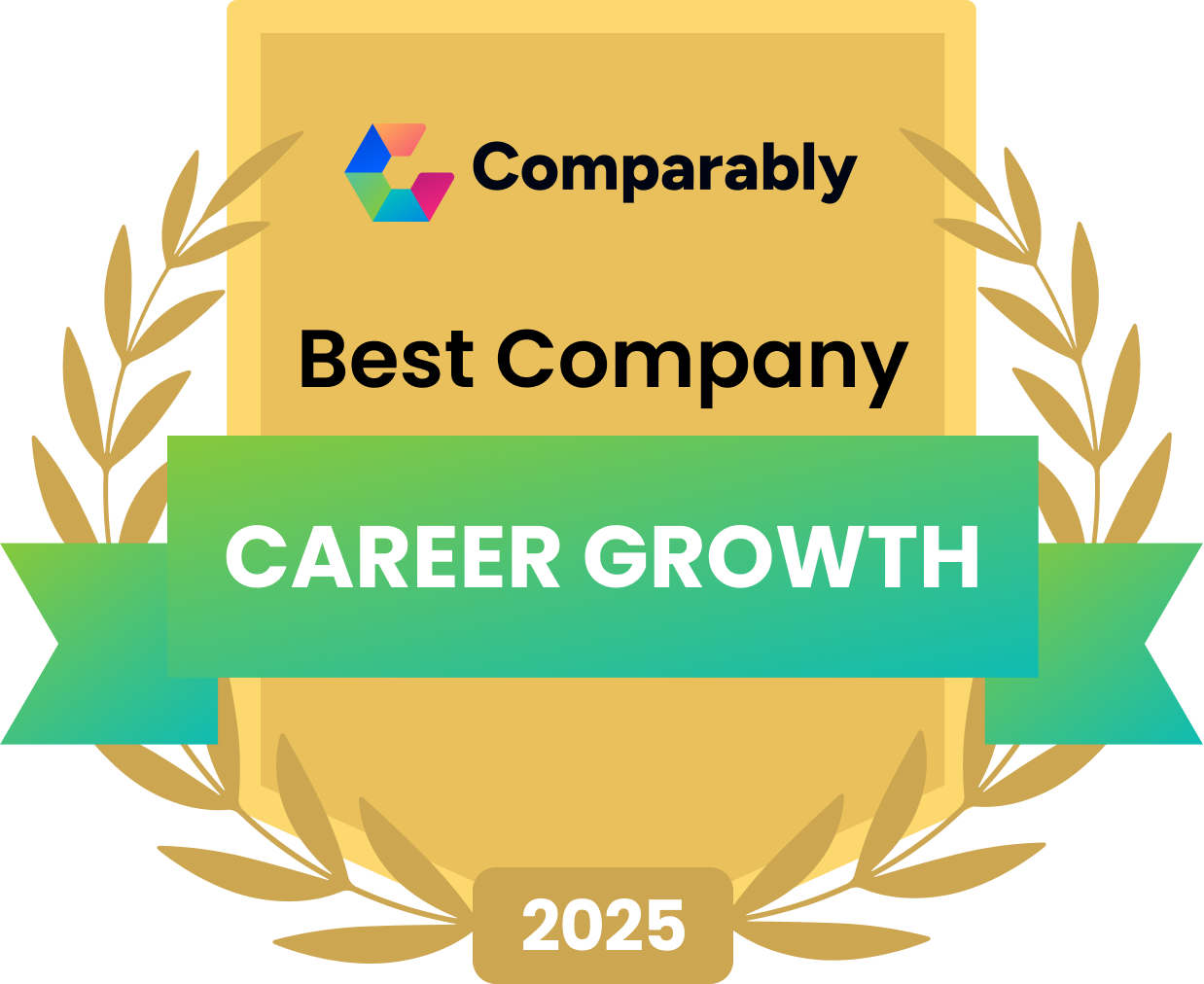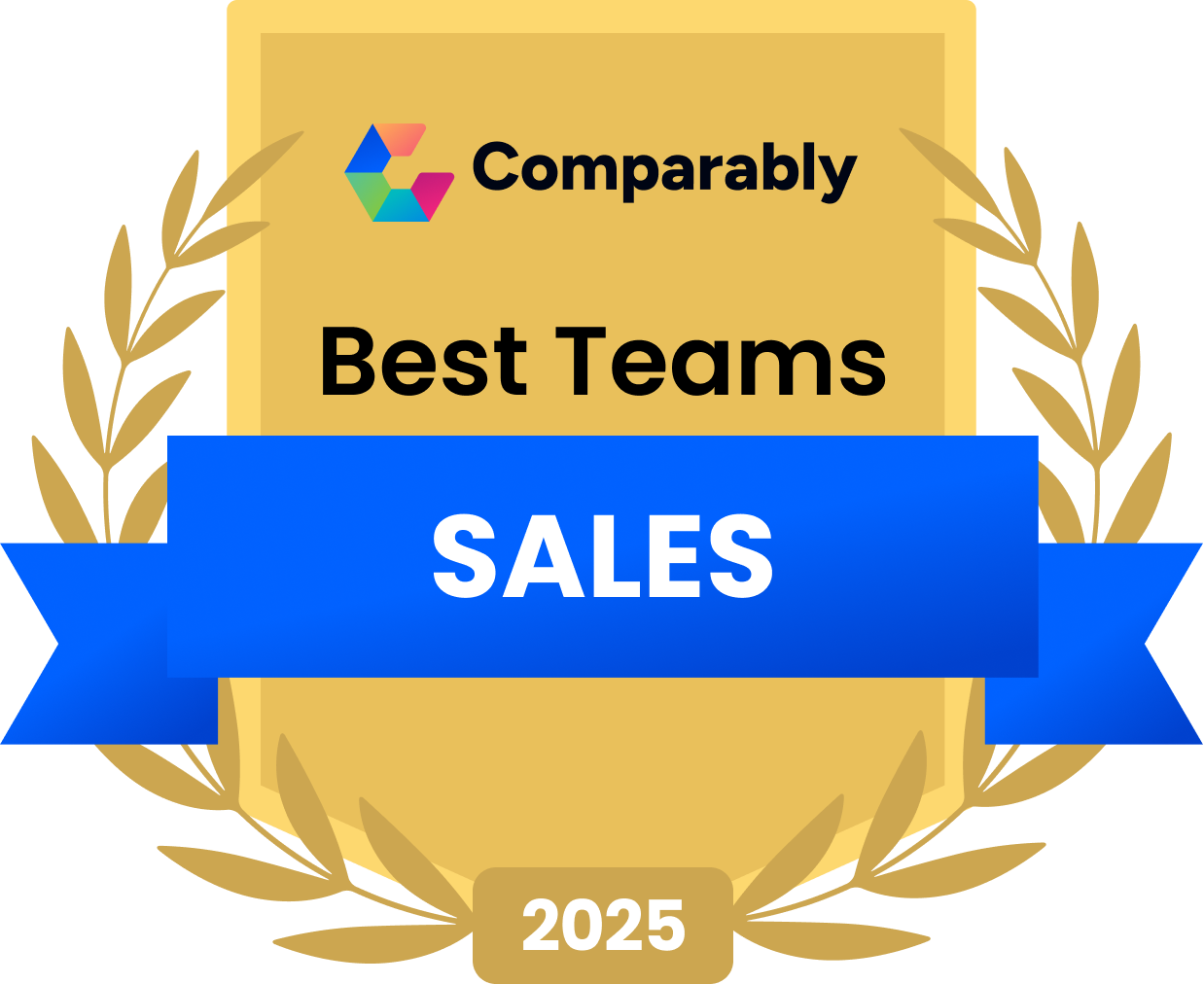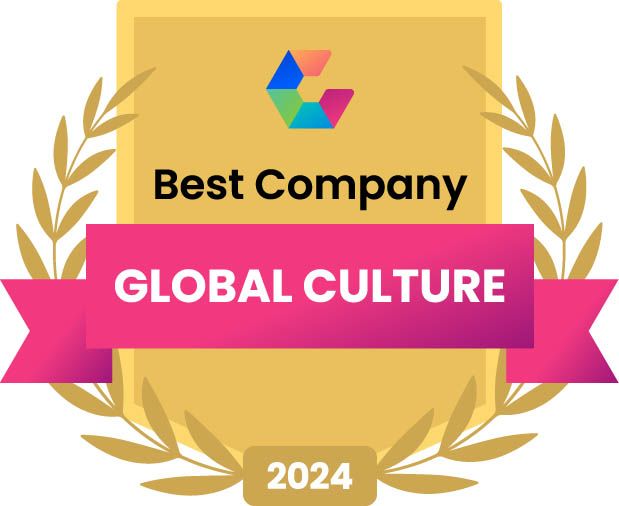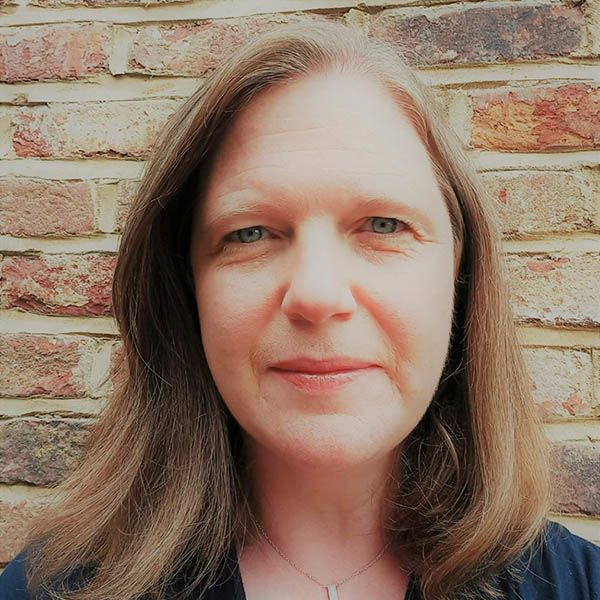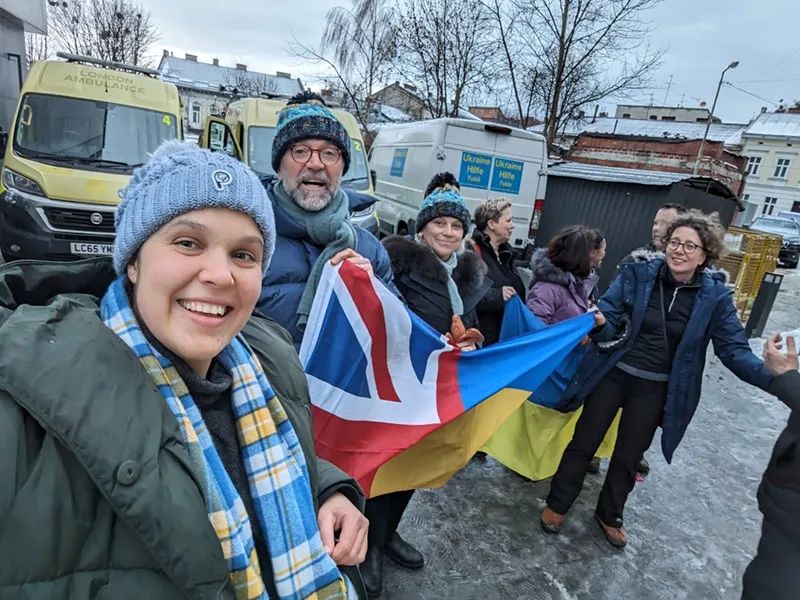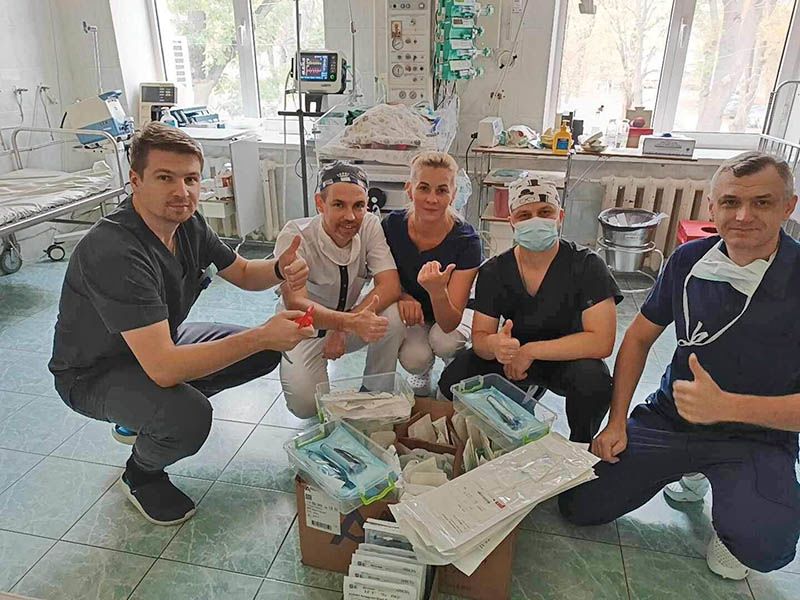Creating a culture that fosters creativity, collaboration and a sense of community
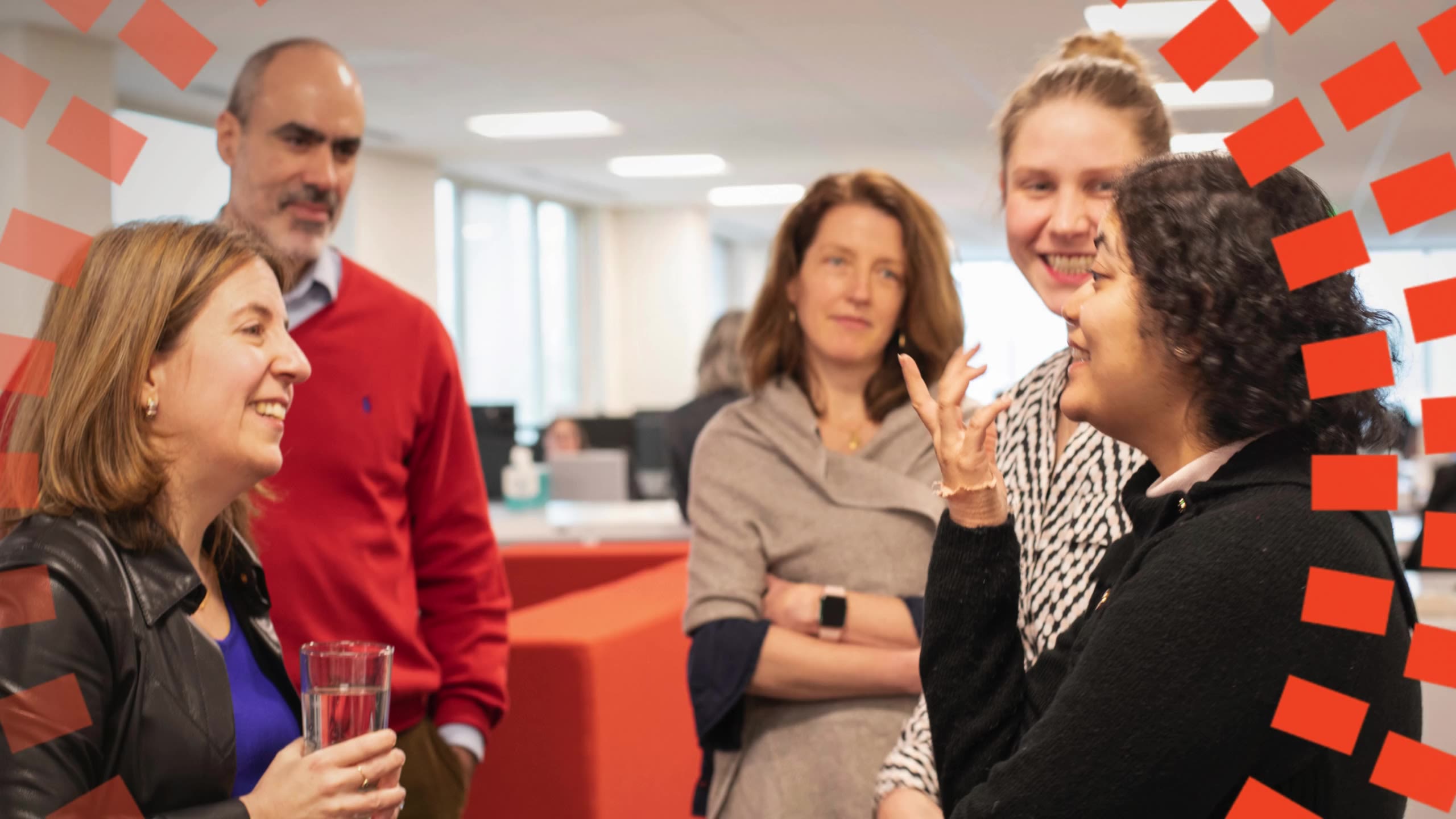
At Elsevier, we’ve worked hard to create a culture that fosters creativity, collaboration and a sense of community. And we’re fortunate that our employees have frequently voted for us to win awards for our company culture across a range of categories.
This year, Elsevier India was officially certified as a Great Place to Work® – the global benchmark for outstanding workplace culture.
This recognition reflects the strength of our shared culture and the deep trust, engagement, and pride that define our teams in India.
In recent years, we’ve been recognized multiple times by Comparably — the global workplace culture and compensation monitoring site — for being a great place to work. These awards, which are based on anonymous employee surveys, represent the hard work and dedication of every single member of our global team. Together, they encapsulate the Elsevier Experience: our commitment to providing purposeful work along with an opportunity to grow every day and work with colleagues who care.
In June 2025, we were named the #1 company for Best Leadership Team and Best Companies for Career Growth. In 2024, we were awarded # 1 for Best Work-Life Balance, #1 for Best CEO, and #2 for Best Company Culture. We ranked #4 for Workplace happiness.
All these wins are even more meaningful for us because they were voted on by our incredible employees, who voiced their opinions anonymously on Comparably.com.
Our people are advancing human progress, together in science and health through a wide range of technology, commercial, publishing, business, and early-career jobs.
Whether you’re a recent graduate looking for your first job or an experienced professional seeking a new challenge, we invite you to read on and learn more about why we’re proud to be recognized as a great place to work.
Purposeful work

Yoshiko Kakita, VP of Scopus Product Management
Yoshiko Kakita, VP of Scopus Product Management
Our 2025 win for Best Engineering Team reflects the work our product teams do each day to help researchers and healthcare professionals advance science and improve health outcomes for the benefit of society.
In 2024, we launched Scopus AI, an intuitive and intelligent search tool powered by generative AI (GenAI) that enhances researchers’ understanding and insights with unprecedented speed and clarity. Recently, Yoshiko Kakita, Vice President of Scopus Product Management at Elsevier, shared her experience working on a product that was helping researchers advance an area of science that was personally meaningful to her:
“I recently lost my father to lung cancer, and reducing his pain was my family’s top priority throughout his treatment. We were extremely grateful to the medical professionals because we saw a big difference compared to the pain my grandfather went through decades ago.
“Hearing from researchers who have advanced the research that greatly helped my father — and hearing that Scopus AI can help these researchers advance the research even further — is really motivating.”
Growing every day

Along with doing meaningful work, we help people at Elsevier shape their careers in meaningful ways. Dr Erin Hill-Parks, Senior Product Operations Manager for ScienceDirect and Co-lead for the Elsevier Gender Equity Network, described how she developed her career through Elsevier’s Developing Talent for Gender Equity leadership program:
“The program identifies rising leaders and provides the tools and skills they may not yet have to help them on the journey of leadership. When the first cohort was open for application ... I wasn’t sure if I should apply.
“I then reflected on what it means to be a leader, looking at the women around me and the different ways we can all lead. Encouraged by my mentor, I successfully applied to the program and found the confidence to lead in multiple areas.
“Nurturing, celebrating and promoting a community of women leaders makes Elsevier a more dynamic, inclusive and creative place to work. When we promote each other we promote all — and we succeed together.”
Erin Hill-Parks, PhD, Senior Product Operations Manager for ScienceDirect; Co-Lead for the Elsevier Gender Equity Network
Erin Hill-Parks, PhD, Senior Product Operations Manager for ScienceDirect; Co-Lead for the Elsevier Gender Equity Network
Colleagues who care

Our award wins for Best Company Culture in 2024 and 2025 reflect the passion and commitment of our employees. People at Elsevier are committed to supporting each other, as well as finding ways to support the communities we work with.
Earlier this year, Dr Maria Botcharova, Strategy Director in STMJ, wrote about her experience finding ways to support researchers in Ukraine.
“As a Ukrainian living in London since childhood, I was shell-shocked by the scenes streaming from Ukraine in February 2022. Although I had not lived there since I was 5, it’s the place I spent all my summer holidays before university — in Kyiv and at my grandmother’s summer house, or dacha. It’s a place where I have a lot of family. And in a way that is more difficult to define, it’s a place I feel intrinsically connected to. When they bombed Kyiv, it felt like a physical pain.
“Since the start of the full-scale invasion, I had been searching for opportunities to support Ukrainians in any way I could. I offered to translate for Elsevier employees and their relatives, who the company moved to safety from our office in Kharkiv at the start of the war.
“I was blown away by Elsevier’s generosity in providing this support. I went to Warsaw over Easter to direct refugees through the city and onto their destinations in Europe or elsewhere. I volunteered at the Ukrainian Welcome Centre in central London to help new migrants with the basics: securing residence permits, signing up for a doctor, filling in school forms for their children, claiming benefits. All simple tasks, but a minefield of complexity for those who don’t speak English.”
Recently, Maria (far left) traveled to Lviv with Medical Life Lines Ukraine, where they delivered decommissioned NHS ambulances full of humanitarian aid including food and emergency medical supplies.
Recently, Maria (far left) traveled to Lviv with Medical Life Lines Ukraine, where they delivered decommissioned NHS ambulances full of humanitarian aid including food and emergency medical supplies.
Doctors in Ukraine receive medical supplies.
Doctors in Ukraine receive medical supplies.
Among their delivery: food for the rescue dogs. This dog has helped find people who were buried in the rubble of fallen buildings or injured by land mines.
Among their delivery: food for the rescue dogs. This dog has helped find people who were buried in the rubble of fallen buildings or injured by land mines.
Maria ultimately worked with her colleagues at Elsevier to create a publishing workshop for Ukrainian researchers, many who have been forced to flee their universities in Ukraine. They gave editors advice on how to select reviewers and provided tips on getting published for authors. They also provided free resources for academics, researchers and students in Ukraine.
